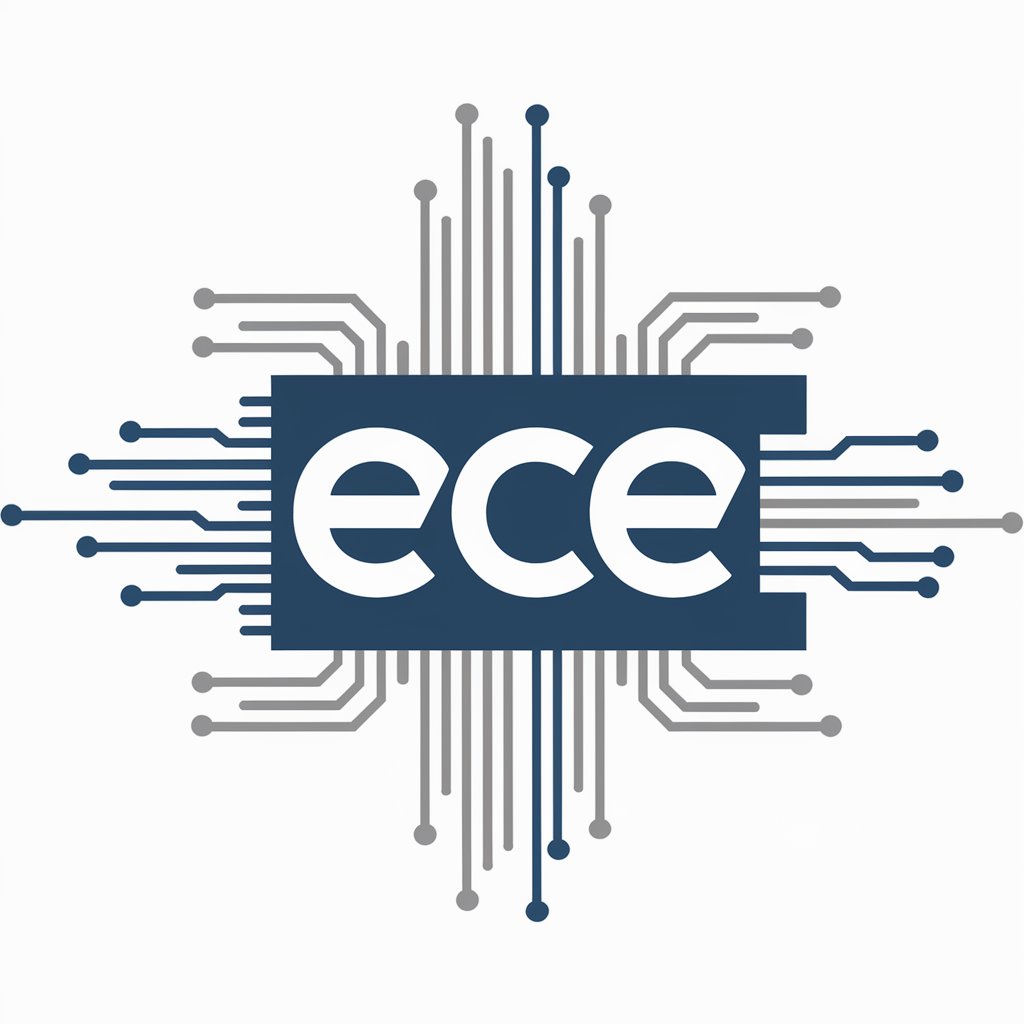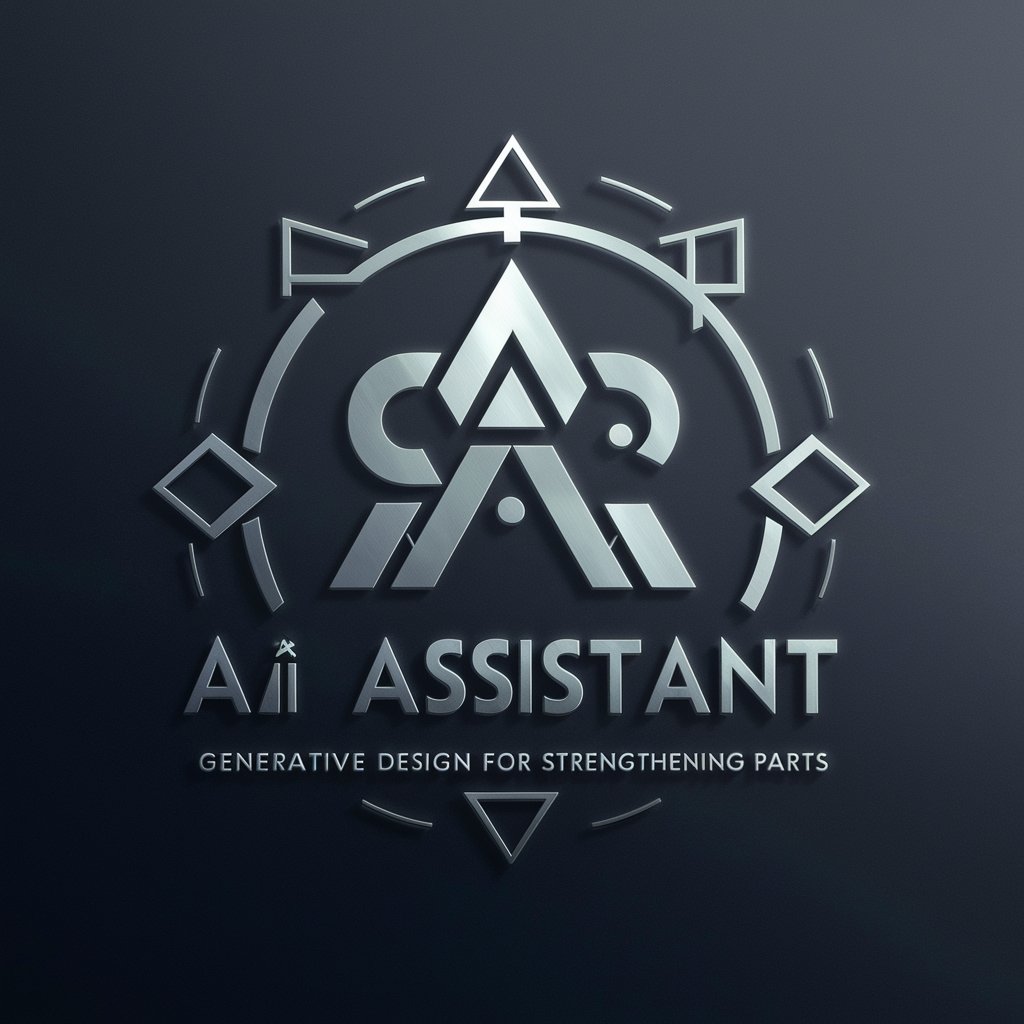Electrical and Computer Engineering - Electrical and Computer Engineering Tool

Welcome to Electrical and Computer Engineering insights.
Empowering Innovation with AI-Driven Engineering
Explain the principles of digital signal processing in modern communications.
Describe the role of microcontrollers in embedded systems.
Discuss the impact of semiconductor technology on computer engineering.
Analyze the challenges in designing energy-efficient power systems.
Get Embed Code
Overview of Electrical and Computer Engineering
Electrical and Computer Engineering (ECE) is a branch of engineering that combines the principles of electricity and computing to develop and enhance electrical and electronic systems, software, and hardware components. It focuses on a wide range of technologies from microelectronics to large-scale power grids, and from embedded systems to computer networks. An example of ECE in action is the design and development of microprocessors which serve as the central processing unit of computers and other electronic devices, integrating millions of tiny transistors into a small chip to perform complex computations. Powered by ChatGPT-4o。

Core Functions of Electrical and Computer Engineering
Circuit Design
Example
Designing an integrated circuit for a smartphone.
Scenario
ECE professionals create circuits that manage power consumption and data processing capabilities in smartphones, enhancing performance and efficiency.
Software Development
Example
Developing firmware for embedded systems.
Scenario
Engineers write and optimize low-level code that controls the hardware directly, such as the firmware for a digital camera that processes inputs from sensors to capture and store images.
Signal Processing
Example
Improving the quality of transmitted data over networks.
Scenario
ECE experts apply algorithms to filter and compress data, ensuring clear voice calls over cellular networks despite varying signal strength and network congestion.
Power Systems
Example
Building smart grid technologies.
Scenario
Specialists in ECE design systems that efficiently distribute electricity from renewable sources to urban centers, incorporating real-time data on power supply and demand to stabilize grid operations.
Communication Systems
Example
Developing advanced communication protocols for Internet of Things (IoT) devices.
Scenario
ECE professionals engineer protocols that allow multiple devices, such as home appliances and security systems, to communicate over the internet securely and reliably.
Target User Groups for Electrical and Computer Engineering
Technology Developers
This group includes engineers and developers in technology companies who require expert knowledge in designing and implementing hardware and software systems. They benefit from ECE services to innovate and improve product offerings, such as developing new consumer electronics or enhancing telecommunications infrastructure.
Industrial Manufacturers
Industrial manufacturers rely on advanced electrical systems and automated production lines. ECE services are crucial for designing, upgrading, and maintaining these systems, ensuring efficient, safe, and cost-effective operations.
Research Institutions
Academic and private research institutions working on cutting-edge technologies such as artificial intelligence, robotics, and renewable energy technologies often employ ECE principles. These institutions benefit from deep expertise in ECE to push the boundaries of what is technologically possible and achievable.
Government and Policy Makers
Government bodies responsible for the regulation and deployment of technology infrastructure, like national broadband networks or smart city initiatives, utilize ECE expertise to ensure the implementation is effective, secure, and serves the public interest.

Steps for Using Electrical and Computer Engineering
Step 1
Initiate your exploration by visiting yeschat.ai to access a free trial, which requires no login or subscription to ChatGPT Plus.
Step 2
Define your project or problem area to focus on, whether it be hardware design, software development, or system analysis.
Step 3
Utilize the simulation tools and programming interfaces provided to experiment with and validate your designs or solutions.
Step 4
Consult the extensive documentation and community forums for guidance, troubleshooting tips, and best practices.
Step 5
Apply the knowledge gained to real-world applications or further educational pursuits, ensuring to adhere to industry standards and ethical guidelines.
Try other advanced and practical GPTs
Mechanical Engineering
Empowering Engineers with AI

TTI
Streamline Operations with AI Guidance

CADesigner
Revolutionizing Design with AI

Tutor Real Estate
Empowering Your Real Estate Knowledge with AI

Virtual Psychologist
Empowering Insights, Enhanced by AI

Wasteland Architect
Build, Plan, and Survive with AI

From the Protagonist
Bringing Characters to Life

Story Illustrator
Crafting AI-powered Epic Narratives

The best Korean conversation practice
Master Korean with AI-powered Role-Play

Auditor de TI
Empowering IT Audits with AI

Assistant en Criminalistique TI
Streamline Your Cybersecurity Education with AI

Glossário TI Expert
Empowering IT Learning with AI

Detailed Q&A on Electrical and Computer Engineering
What fundamental skills are essential in Electrical and Computer Engineering?
Key skills include proficiency in mathematics and physics, understanding of circuit theory and digital systems, programming languages like C++ or Python, and the ability to use design and simulation software.
How is machine learning integrated into Electrical and Computer Engineering?
Machine learning can be integrated to optimize systems, enhance signal processing techniques, improve the efficiency of power systems, and develop smarter consumer electronics.
What are the latest trends in Electrical and Computer Engineering research?
Recent trends include advancements in renewable energy technologies, Internet of Things (IoT) applications, autonomous vehicle systems, and quantum computing.
What ethical considerations are there in Electrical and Computer Engineering?
Ethical considerations include ensuring data privacy and security, minimizing environmental impact, maintaining safety in electrical systems, and preventing bias in automated systems.
How can one stay updated with the latest developments in Electrical and Computer Engineering?
Staying updated can be achieved through continuous education, attending industry conferences, subscribing to relevant journals, and participating in professional organizations.
